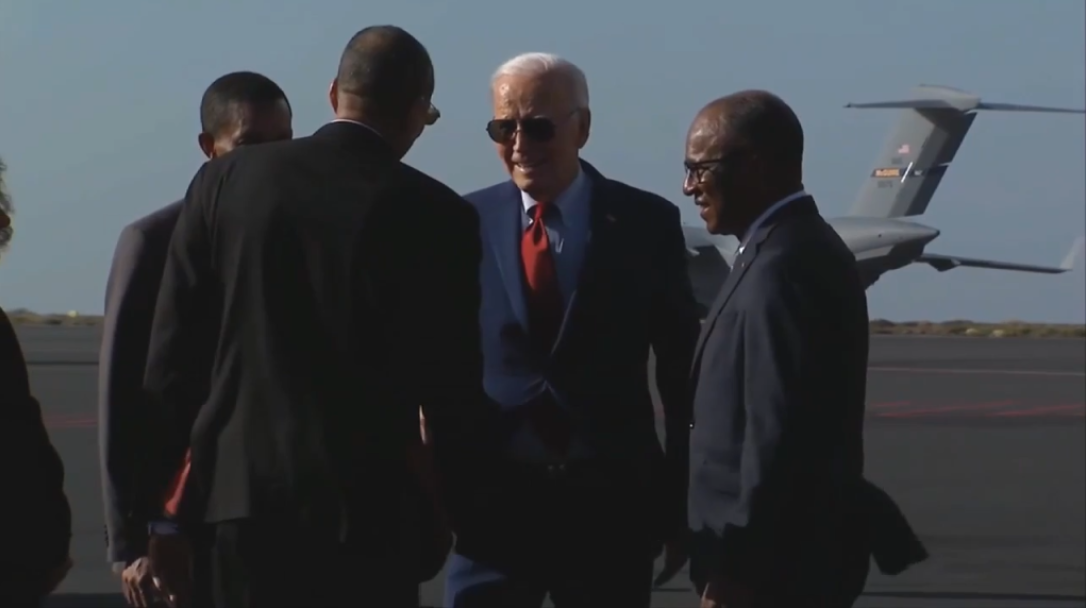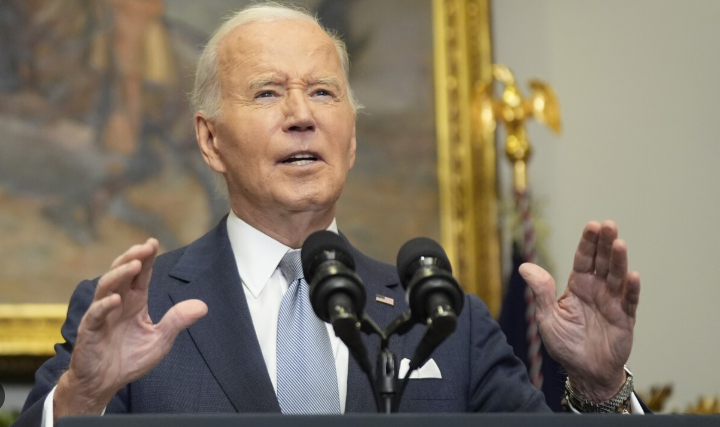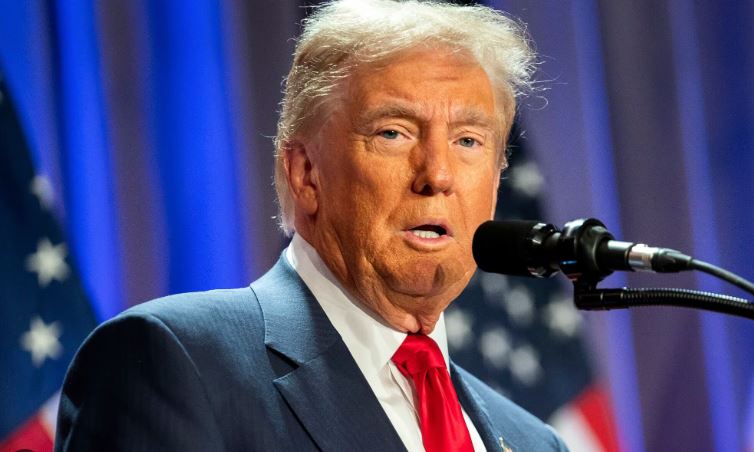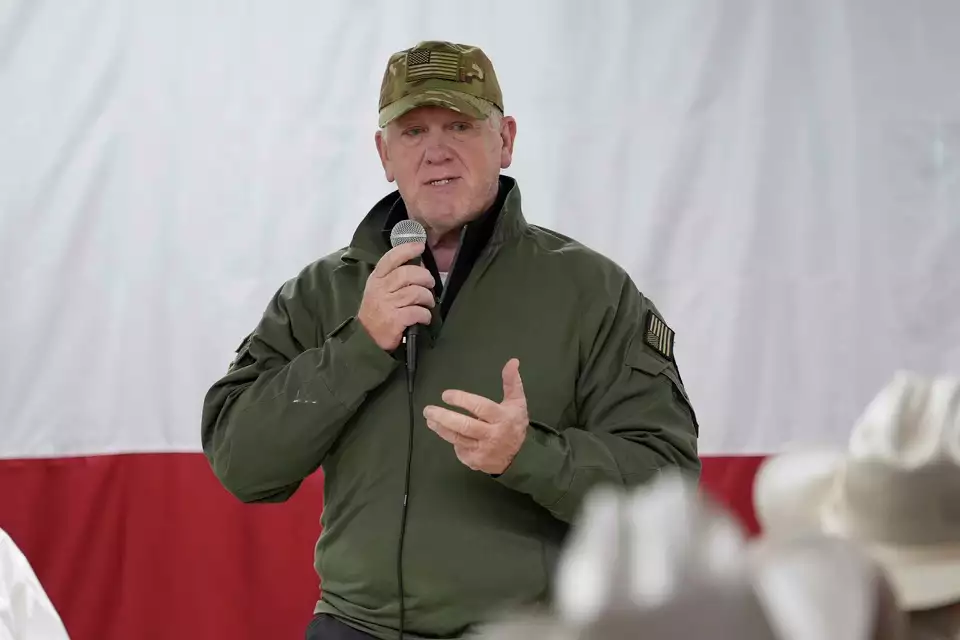Pete Hegseth, who was Donald Trump’s pick for Secretary of Defense, has been quite outspoken against policies that allow LGBTQ+ individuals to serve openly in the military. He argues that these changes are part of a larger “Marxist” agenda focused on social justice rather than military readiness. In his 2024 book, The War on Warriors, and in interviews this year, Hegseth claims that the repeal of the “Don’t Ask, Don’t Tell” (DADT) policy in 2011 opened the door for cultural shifts that he believes have hurt military cohesion and effectiveness.
To give some context, DADT, which was introduced under President Bill Clinton in the ’90s, allowed LGBTQ+ individuals to serve in the military but required them to keep their sexual orientation secret. If someone’s orientation was revealed, they could be discharged. In 2011, under President Obama, the policy was repealed, allowing openly gay service members to serve.
Hegseth, who served in the Minnesota Army National Guard and deployed to places like Guantanamo Bay, Iraq, and Afghanistan, says he initially didn’t have a strong opinion about the DADT repeal. However, he now regrets not opposing it, calling it a “breach in the wire” that led to broader cultural changes in the military. He believes that these changes, like allowing women in combat roles and transgender individuals to serve openly, are part of a trend of social engineering that weakens the military.
In interviews over the years, Hegseth has argued that the military’s focus on inclusivity has led to lower standards. He believes that certain policies, like the push for female soldiers in elite combat roles, are driven by political correctness rather than the needs of national security. He has suggested that these changes are more about creating feel-good recruiting campaigns than improving military effectiveness.
While Hegseth’s book doesn’t provide specific examples of how LGBTQ+ service members have negatively impacted the military, he continues to voice concerns about what he sees as an erosion of standards in favor of social justice goals.
In a recent CNN interview, Hegseth seemed to walk back some of his earlier comments on DADT, denying he opposed its repeal and calling the reports about his views “false.” He did, however, reiterate his belief that the military should focus on readiness and strength rather than cultural or social issues.
Hegseth’s views on women in combat roles have evolved as well. While he previously criticized policies that opened up combat positions to women, he now says he supports all women who meet the necessary standards for military service. But he still maintains that military readiness should always be the top priority, not appeasing political agendas.
In addition to his views on LGBTQ+ issues, Hegseth has been critical of the Obama-era policies that lifted the ban on transgender individuals serving openly in the military. The Trump administration reversed this policy, but President Biden reinstated it in 2021.
The discussion around these military policies is ongoing, and public opinion has shifted over the years. Surveys show that a growing majority of Americans now support allowing LGBTQ+ individuals to serve openly and women to serve in combat roles. But for Hegseth, the question remains whether these changes are truly beneficial to the military’s primary mission of combat readiness.
Hegseth’s views continue to spark debates, with some seeing him as a defender of military tradition and others accusing him of undermining progress in the armed forces. Regardless of where you stand, one thing is clear: these issues have become a major talking point in the broader conversation about military culture and its evolution.







